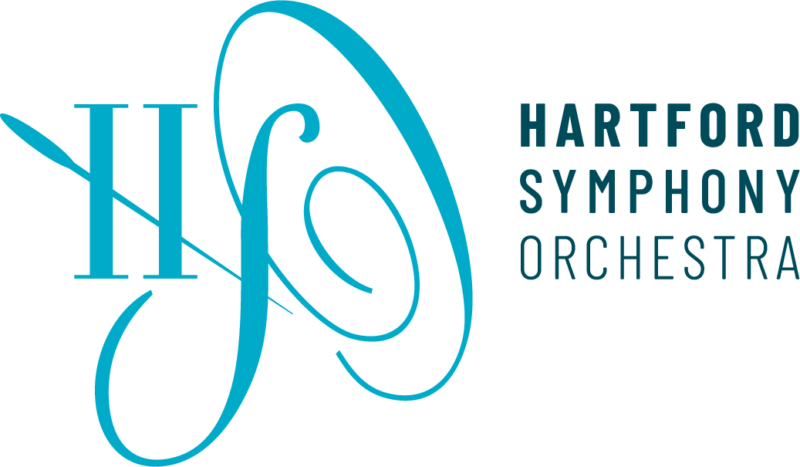Steve Collins Presents at 2024 League of American Orchestras Conference, Houston, TX
At the 2024 League of American Orchestras conference in Houston, Steve Collins, President & CEO of the Hartford Symphony, added an orchestra’s perspective as co-presenter of a session on non-classical programming with Stephen Cook, President of TCG Entertainment, entitled “From Start to Finish: An In-Depth Guide to Non-Classical Programming.”
Collins and Cook explored the multifaceted world of non-classical programming, offering insights into how orchestras can diversify their offerings beyond traditional classical repertoire. The session covered a range of topics designed to help orchestras fill their seasons and seats with engaging, varied performances.
This session was particularly beneficial for executive directors, as well as artistic, operations, marketing, and finance professionals, providing them with valuable tools and knowledge to enhance their orchestras’ programming. Sponsored and developed by TCG Entertainment, the session underscored the evolving nature of orchestral programming and the importance of innovation in the industry.
Take-aways from the session…
Orchestras are increasingly incorporating non-traditional programming such as non-traditional pops, films in concert, genre shows, name artists, tribute shows, and non-musical guest artists. This approach serves multiple purposes: it expands the orchestra’s repertoire, attracts new audiences who might not attend classical concerts, and generates additional revenue. These diverse concert types help introduce new patrons into the audience funnel, thereby broadening the orchestra’s reach and appeal.
The operational dynamics of non-traditional programming differ significantly from classical programming. In the classical music world, the buyer has the leverage, influencing contracts and priorities. Conversely, in the mainstream music space, the seller holds the leverage, requiring orchestras to adapt their strategies accordingly. Building and maintaining strong relationships is crucial in this environment to secure desirable acts and ensure successful collaborations.
The music industry has undergone significant changes, with commercial producers and presenters now creating shows that incorporate orchestras for the mainstream market. These producers no longer have to rely on local orchestras, highlighting the importance for orchestras to innovate and adapt to remain competitive. By embracing non-traditional programming, orchestras can stay relevant in a changing industry landscape, attract diverse audiences, and enhance their financial sustainability.
